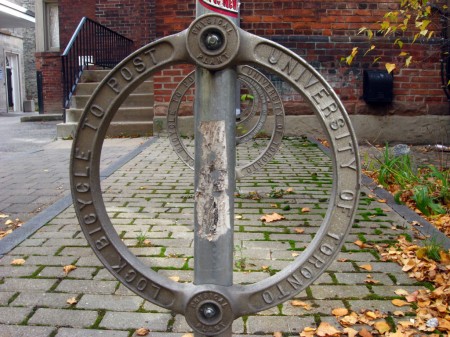Like it or not, an increasing amount of attention is being given to geoengineering – the idea of deliberately modifying the climate system to counteract the warming effects of greenhouse gases.
On November 25, the CBC documentary series Doc Zone is broadcasting the premiere of Playing God With Planet Earth: Can Science Reverse Global Warming? According to the promotional materials, the documentary:
explores the last ditch efforts of scientists and engineers trying to avert a planetary meltdown.
As the threat of climate change grows more urgent, scientists are considering radical and controversial schemes to rehabilitate the climate. Since none of these wild—and possibly dangerous—ideas have ever been tried before, the filmmakers used a distinctive “painted animation” technique (like a “graphic novel”) to explore these futuristic scenarios.
“Human ingenuity could temporarily roll back the effects of global warming. At the same time, it could cause catastrophic damage and spark deadly political conflict,” says director Jerry Thompson. “We’ve interviewed some of the world’s leading scientists, engineers, environmentalists, lawyers, and disaster-relief workers about the possible consequences of intentionally manipulating the climate—versus the risk of doing nothing.”
In addition to the Thursday screening on CBC television, it will be possible to watch online on the show’s website.
If readers do end up watching it, please consider leaving a comment about it here.

